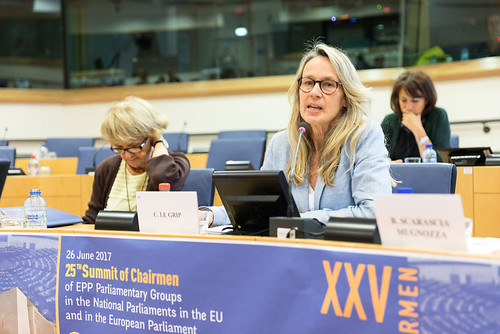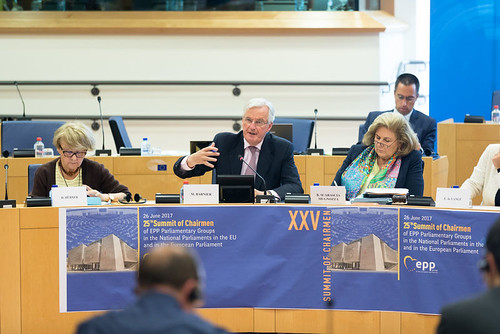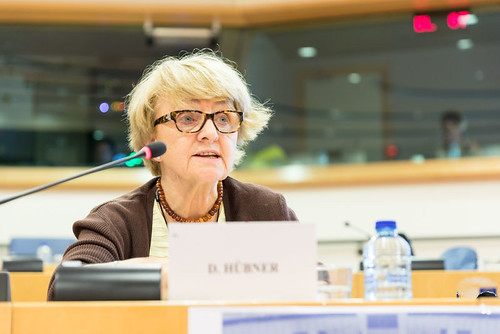On Brexit, it does not look good. Little progress has been made in the negotiations, and there seems to have been almost no advances in mutual understanding, since July. In particular, key differences remain regarding the Irish Protocol (the ‘backstop’). On other important issues, including geographical indications for products, the future economic partnership and the concept of a common rule book for goods, views have not been converging. In truth, it is very unlikely that the EU could accept the current British positions in these areas.
One piece of good news has been the UK’s recognition of the need to carry on with the negotiations continuously now, and that UK ministers must engage more in the process to reach the necessary political agreements. With most of the Withdrawal Agreement text provisionally agreed, the reduced list of remaining issues might hopefully make it easier to concentrate on what matters – and to make the progress that is needed.
From the EU perspective, it is curious that the scenario of a no-deal Brexit has emerged as an ‘option’ on the British side. I use the word ‘option’ as a no deal now appears a relative possibility. Maybe it’s tactics – maybe it’s an attempt to detach the Ireland issue from the withdrawal negotiations, and to kick it forward to the talks on the future relationship. If that really is the UK approach, it would reduce the chances of finalising the Withdrawal Agreement in time. It has even been said by some in the UK that a no-deal scenario would not mean new controls on the Irish border – this is not true, and goes against what Theresa May herself has said previously.
A major difficulty in making progress on Northern Ireland has been the complete lack of detail from the UK on how it proposes to extend the Irish Protocol to the entire UK territory. It is not the EU’s place to come up with these proposals – and we are still waiting for the UK to do so. In any case, it will be extremely difficult to separate customs controls from the full regulatory alignment for goods. The EU has pointed out these challenges from the beginning. The UK must also understand that the Irish Protocol will not cover all single market rules – only those that apply to the Northern Ireland context – so it is not as though these arrangements could be easily modified to cover the entire UK.
It is also puzzling for us on the EU side to observe that some in the UK seem to believe that the political declaration on the future EU-UK relationship, which will accompany the Withdrawal Agreement, will somehow be binding on what that relationship will ultimately be. The political declaration will only be a statement of principles and a commitment to negotiate after the UK has left the EU – it will not be a guarantee of the UK’s future relationship with the EU or of the outcome of those negotiations. This might become a difficult issue for the UK as the autumn unfolds.
In light of the UK government’s recent publications on a no-deal scenario, it is important to underline that these represent only what the UK will do or wants to do. While the EU has had to make preparations for no deal, the EU will not negotiate conditions for a no-deal scenario. The only agreement we are negotiating is the Withdrawal Agreement. The European Union will cope with no deal, if it becomes a reality, and it will do so by acting to ensure the EU’s interests. We want to reach an agreement and hope that no deal won’t happen – but we will be ready for any outcome.







 Przejdź do kalendarza
Przejdź do kalendarza






